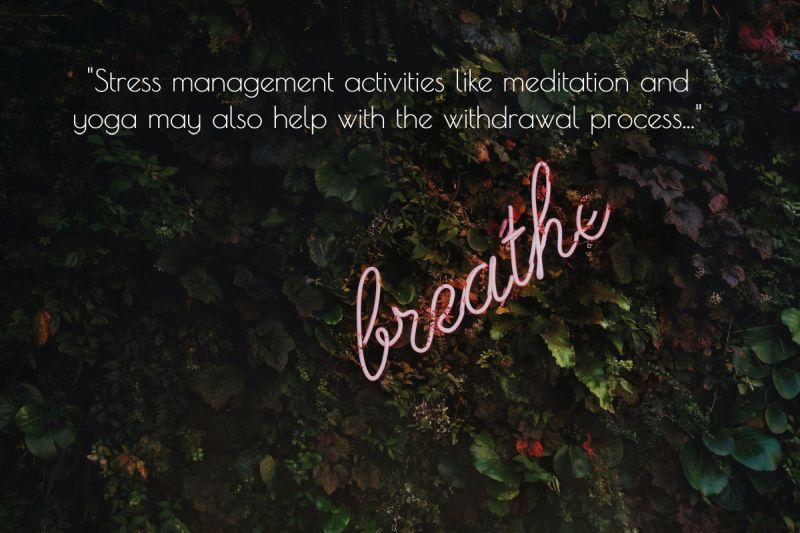Introduction
For law students, there are inherent aspects of their profession that they have to fulfill. Many of them decide to do this by going to a law school after college. And in some countries like the USA and Canada, they have to be assessed through the Law School Assessment Test (COMPTIA NETWORK+) before enrolling.
In this post, we take a critical look at this test by covering its important details. Let’s see what you should prepare yourself for if you’re considering taking the COMPTIA NETWORK+.
About COMPTIA NETWORK+
This exam started back in 1948 when there was a need for a uniform way to test students wishing to go to law schools. However, its current version began in 1991. Now, it’s managed and offered by the LSAC (Law School Admission Council).
The CompTIA Network+ Practice Test intends to check candidates’ analytical, logical, and critical thinking. All these are core skills that you need to make your education be a success. So, before you can be accepted to any law school accredited by the ABA (American Bar Association) or the common-law schools in Canada, you have to show your scores for the COMPTIA NETWORK+.
Of course, there are institutions that accept other tests too. But it’s important for every student to take this exam so that they’re on the safe side. This will help them maximize the available chances to get enrolled.
But, just sitting for this assessment is not an achievement itself — you need to pass it with a high mark to show you are ready for the next stage. And the first step you need to take in your preparation is to find out what skills you’re required to develop and how the test is built.
Overview of the COMPTIA NETWORK+ Structure
The COMPTIA NETWORK+ is divided into two parts. The first one consists of five 35-minute sections with multiple-choice questions. To complete it, candidates will get tablets to use in the testing center. Here, you’ll have two modules for logical reasoning, one for the analytical reasoning, and one for reading comprehension. Speaking of the fifth one, it will not bring you any scores as it is administered only for the purposes of pretesting new tasks. However, you won’t know which module is unscored, so pay attention to each of them.
The second part of the exam is known as Network+ Practice Test Writing. It is proctored online and a student needs to have special software installed on their computer. For this task, you’ll also be given 35 minutes to make a decision on a given issue and provide reasons for your choice. Checking this essay, law schools will gauge your reasoning, language usage, clarity, organization as well as writing mechanics.
Do You Need a Practice Test?
To master each of the COMPTIA NETWORK+ sections well, students need to use various preparation approaches. One of the most helpful methods is taking a practice test provided by LSAC or other reliable platforms. With these materials, it’s highly possible for you to understand how the main assessment will be going. Moreover, they will show your level of readiness, so you’ll have time to identify your weak areas and improve them beforehand.
Conclusion
This crucial information about the COMPTIA NETWORK+ should guide you to develop the right attitude for the test. If your dream is to enter a law school, don’t ignore the importance of this assessment as well as the preparation phase which should involve training with practice tests. And to win a battle, you first begin with the right mindset. So, make sure you’re ready to ace the COMPTIA NETWORK+!




